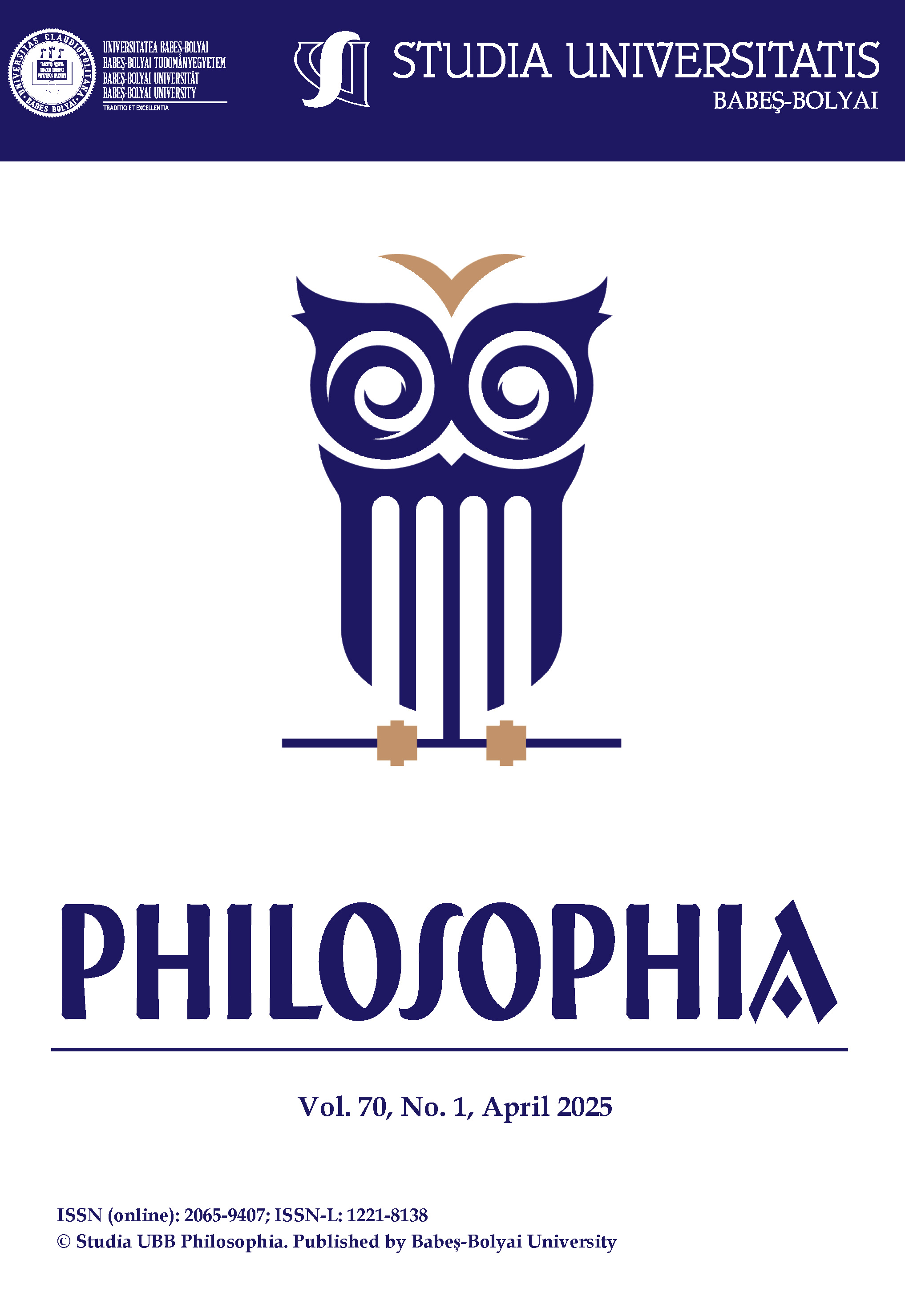DIE VERABSCHIEDUNG DES LEIBES UND SEINE WIEDERKEHR. DER CARTESISCHE DUALISMUS IN DEM DISCOURS UND DEN MEDITATIONES NEBST DER SKIZZE EINER PHÄNOMENOLOGISCHEN WEITERFÜHRUNG DER LEIB-SEELE-PROBLEMATIK
SAYING FAREWELL TO THE BODY AND ITS COMEBACK. CARTESIAN DUALISM IN THE DISCOURSE AND THE MEDITATIONES TOGETHER WITH A SKETCH OF A PHENOMENOLOGICAL CONTINUATION OF THE BODY-SOUL PROBLEM
Author(s): Alina NoveanuSubject(s): Early Modern Philosophy, Contemporary Philosophy, Phenomenology, Hermeneutics
Published by: Studia Universitatis Babes-Bolyai
Keywords: soul; body; idea; cogito; image; evidence; Descartes; Schopenhauer; Husserl; Heidegger;
Summary/Abstract: Saying Farewell to the Body and its Comeback. Cartesian Dualism in the Discourse and the Meditationes together with a Sketch of a Phenomenological Continuation of the Body-Soul Problem. There is no independent concept of the soul in Descartes’ Meditationes de Prima Philosophia, nor is there any other argument for its immortality than the possibility of its continued existence after death, thanks to its distinction from the body. This is why the soul and the body must remain in opposition: either thinking or extended, indivisible or divisible substances, ontologically necessary, mathematically ideal or merely confused accidentals suspended on geometrically constructed skeletons. It sems that the division between body and mind has never been so great as in Descartes. However, it is precisely the continuity of his unquestioned knowledge of the ideas/forms and the eternally unchanging nature of mathematical objects, untouched by his methodological doubt, that finds its expression in the idea of evidence: For Descartes, seeing with the eye of the mind is not only possible, but remains the most reliable way of “seeing”. It is precisely evidence that Schopenhauer recovers to restore the world not only as (Cartesian) representation but also as a non-mediated, bodily lived truth: the world as will. It is also evidence that Husserl chose as a methodological starting- and also connecting point to Descartes’ philosophy. With his evidence-based method, one could conclude that Descartes not only remained at the entrance door to transcendental subjectivity (as Husserl stated at the beginning of his Cartesian Meditations) but also locked himself out of examining corporeality: the phenomenologically evident re-entrance for the thinker as a solipsist back to the intersubjectivity of the living world.
Journal: Studia Universitatis Babes-Bolyai - Philosophia
- Issue Year: 70/2025
- Issue No: 1
- Page Range: 9-35
- Page Count: 28
- Language: German

